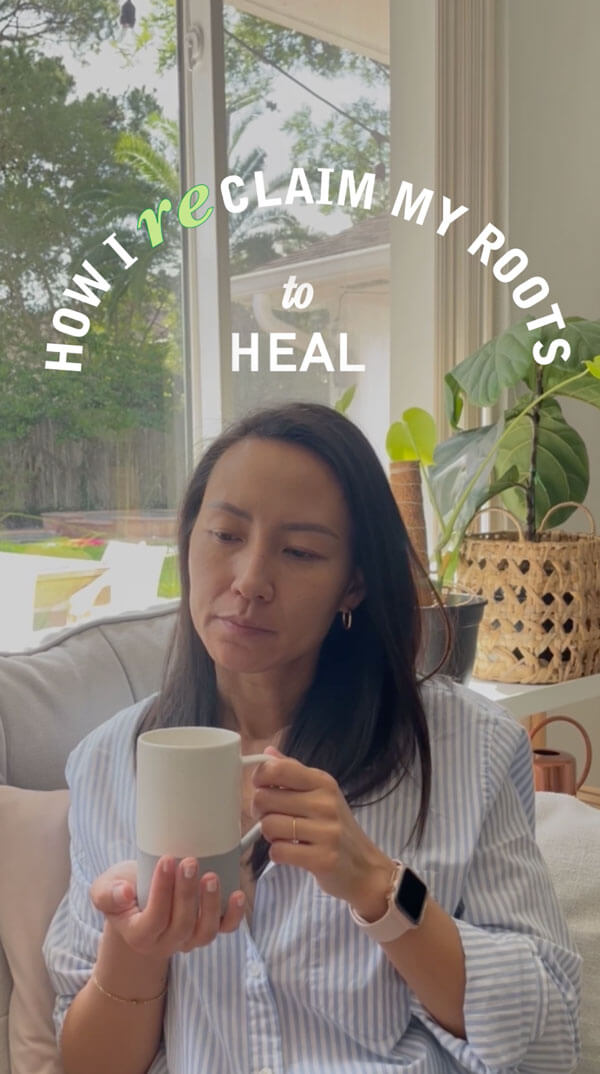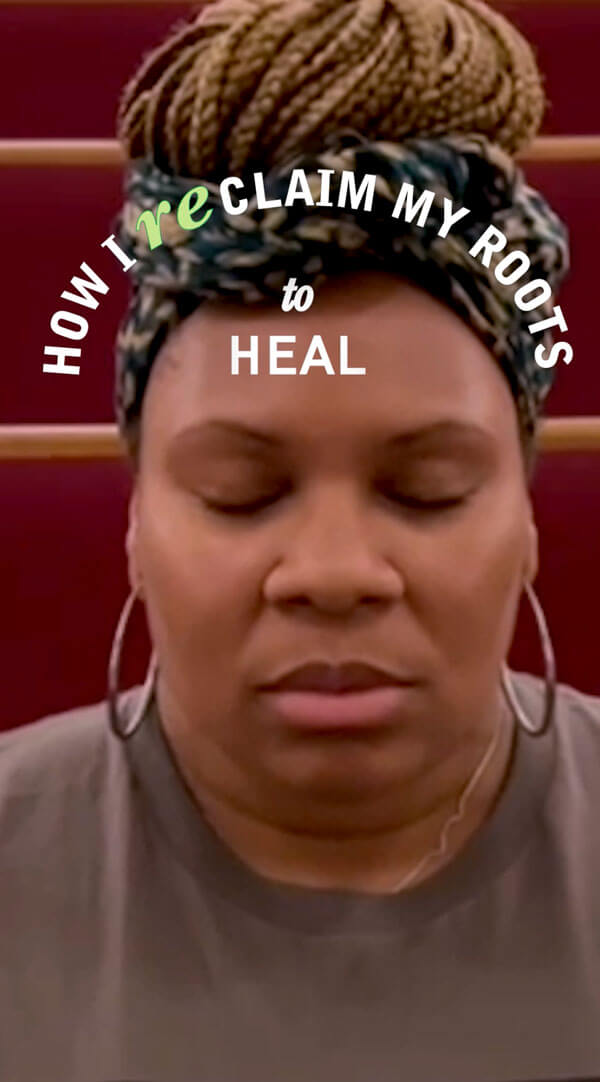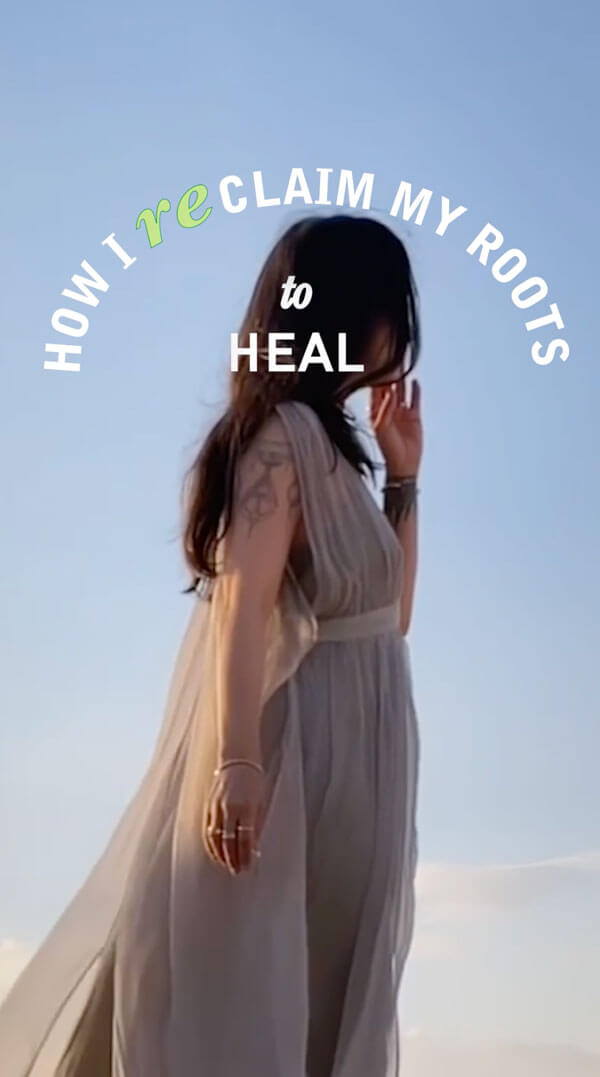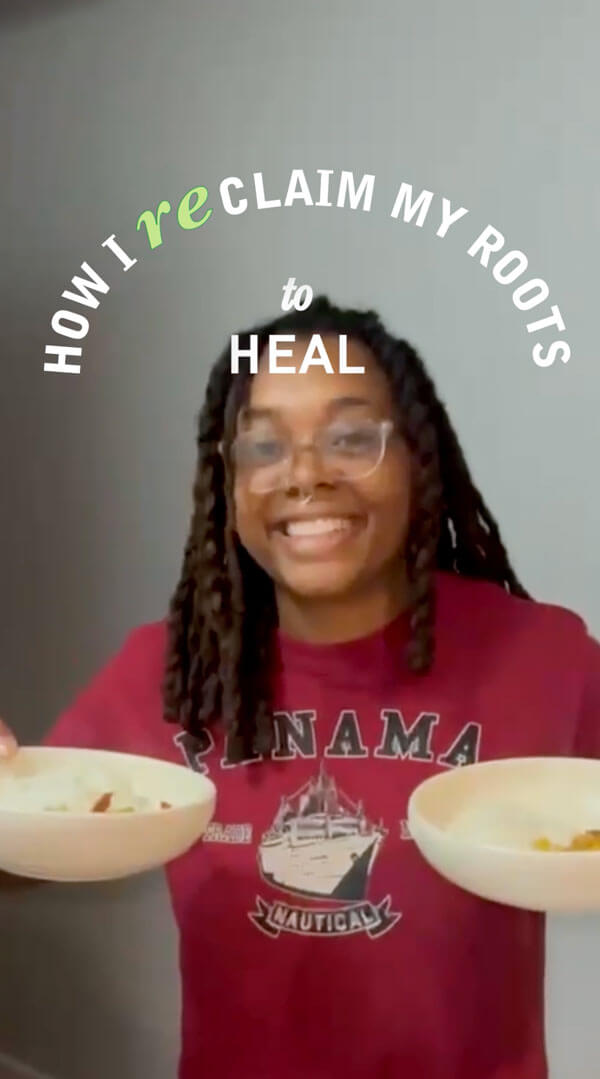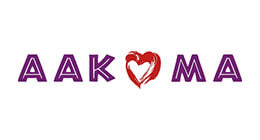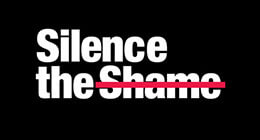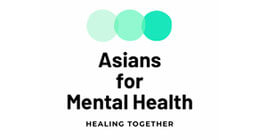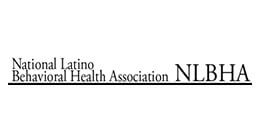MHC is using the term “BIPOC,” which stands for “Black, Indigenous, (and) People of Color,” to refer to folks of Black, Indigenous American, Asian American, Pacific Islander, Latin American, Middle Eastern, and/or North African descent.
We recognize it is difficult to select one term that encompasses all communities of color, and not all terms are interchangeable. While many folks from communities of color feel “BIPOC” is the most inclusive term available and therefore the term we’ve selected for this programming, we recognize its limitations.
As we celebrate BIPOC Mental Health Awareness Month, we also want to recognize its history. BIPOC Mental Health Awareness Month was the result of years of advocacy from Bebe Moore Campbell, a Black trailblazer who fought for equitable mental health care, especially for Black communities. On June 2, 2008, Congress formally recognized July as Bebe Moore Campbell National Minority Mental Health Awareness Month. Over the years, terminology has evolved, and “minority” in the context of race and ethnicity is now generally considered to hold negative connotations, both because it is factually incorrect and because it has loaded historical implications. While MHC does not use the word “minority” to refer to communities of color, we continue to honor the legacy of Bebe Moore Campbell and are grateful for her contributions to mental health equity. Learn more about Bebe Moore Campbell and her legacy from our partners at Mental Health America.
